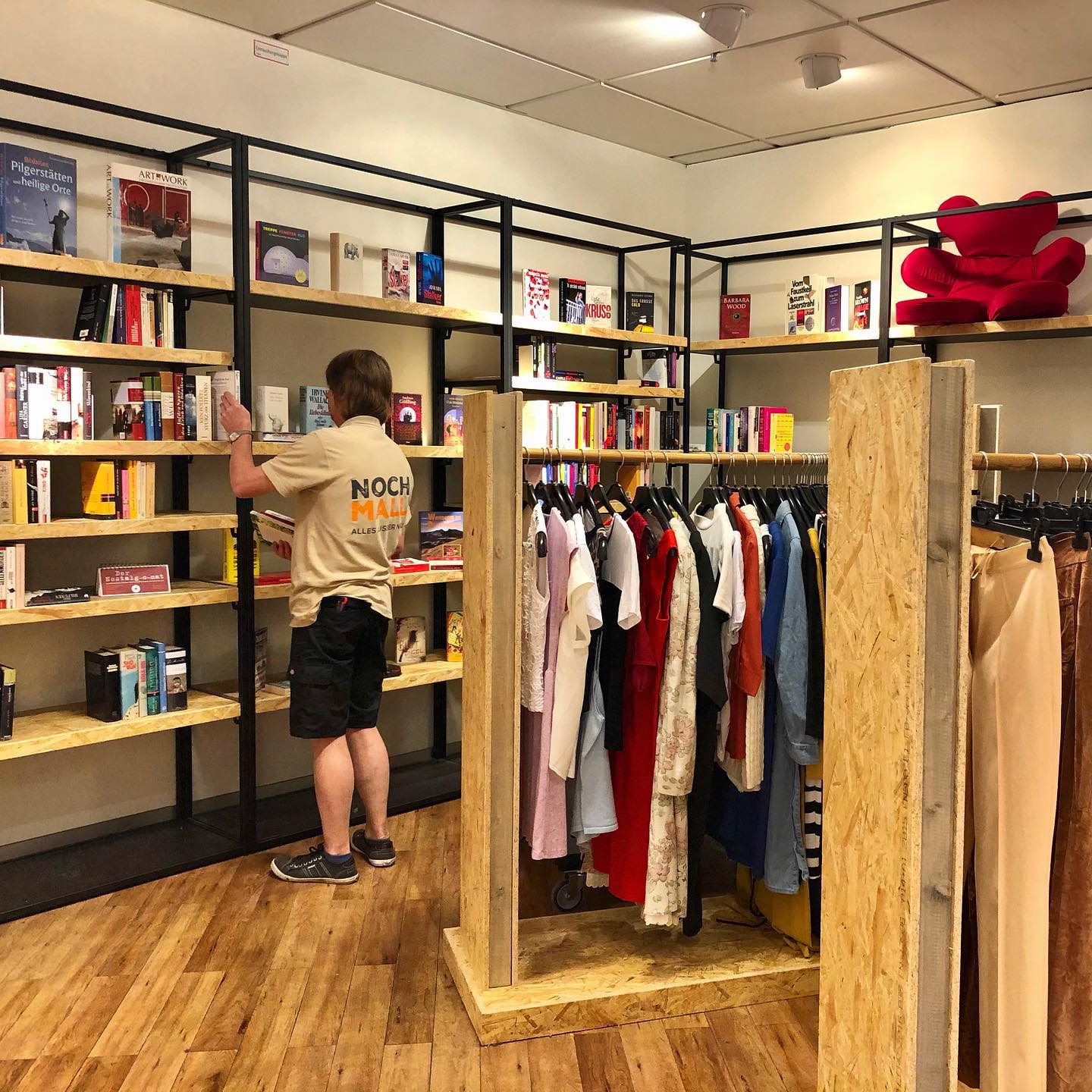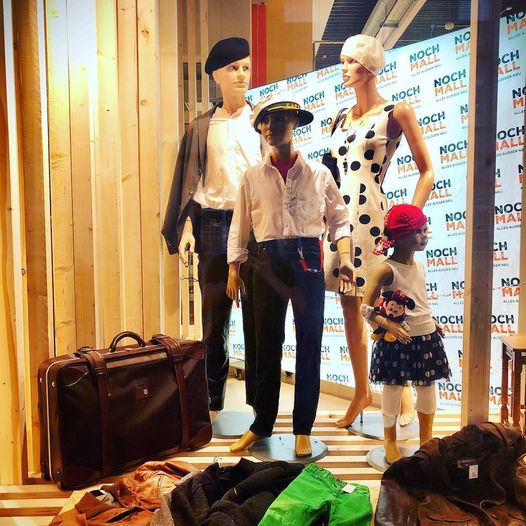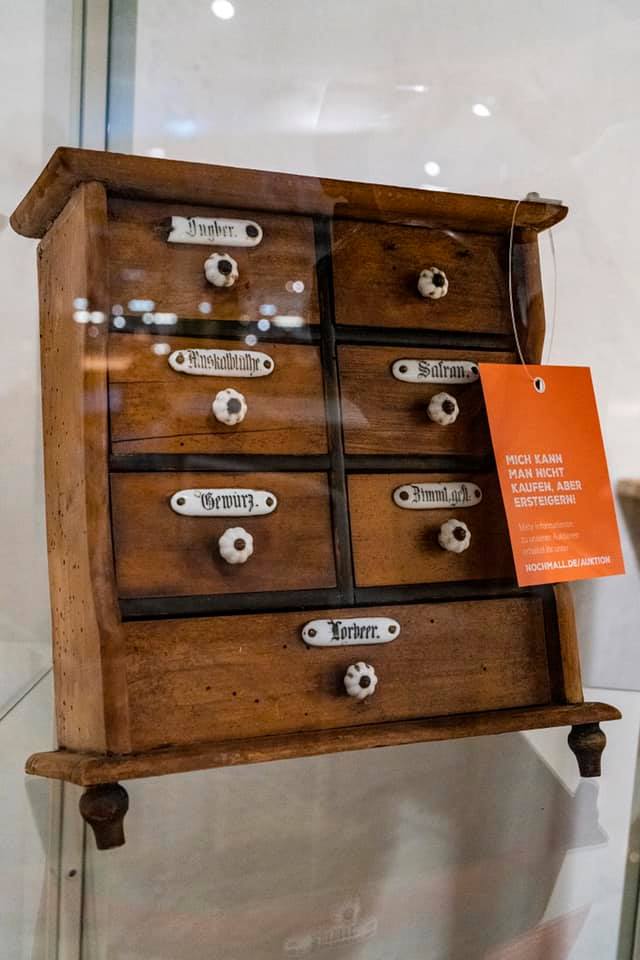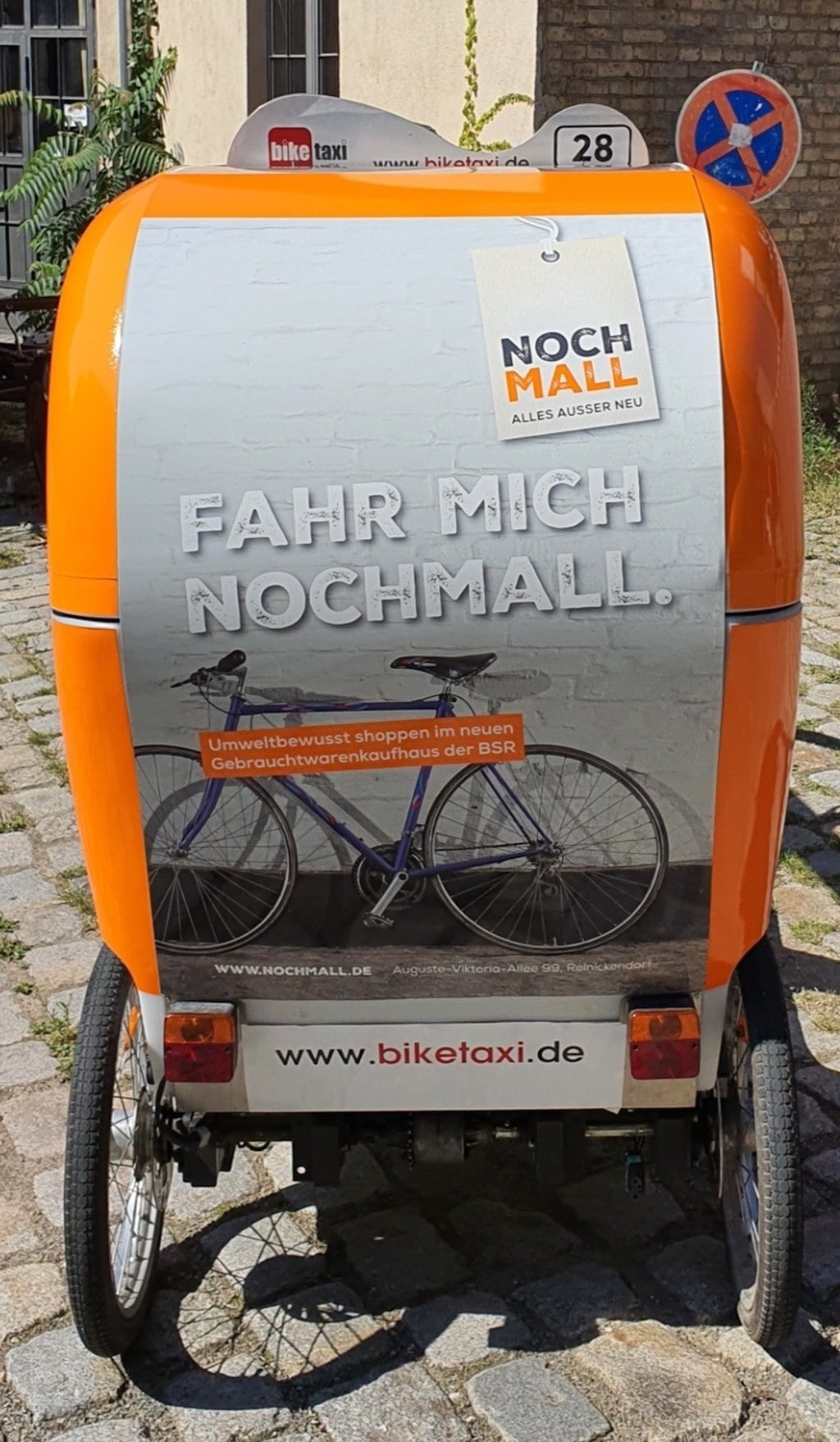
- Inspiring People -
- 5mins -
- 86 views
NochMall: the brand new Berlin department store where everything is secondhand
From furniture to fashions, a new Berlin department store sells only recycled and well-preserved pre-owned goods, as the city aims to bring an end to throwaway culture.
The second-hand mall is part of a city-wide drive to make Berlin a zero-waste city by 2030
A new Berlin department store with a difference has opened its doors, selling only well-preserved second-hand goods. From furniture to fashions, everything in the store is pre-owned. By selecting only high-quality items, the city hopes to bring an end to throwaway culture. It’s part of a city-wide drive to make Berlin a zero-waste city by 2030.

NochMall is a play on words as the German “nochmals” means “again” or “once more”
Berlin’s city government has just taken the unusual step of opening a department store, as reported by the WorldEconomicForum last month. However, this is no ordinary shopping mall – this store sells only high-quality recycled and upcycled items. NochMall is a clever play on words in keeping with the theme of the store, as the German “nochmals” means “again” or “once more.”
The scheme is just part of the city’s efforts to reduce waste and protect the environment. The pop-up shop will be open on the third floor of the city’s Karstadt Hermannplatz department store, in the hip Kreuzberg district, for the next six months. If the pilot project works, more stores are planned.
Called B-Wa(h)renhaus, the store aims to attract people who might not consider shopping at the city’s many second-hand furniture and clothing shops.
Across the new store’s 650 square meters of selling space, nine vendors offer products ranging from recycled and upcycled furniture and clothing to refurbished electrical appliances and toys. For anyone who fancies a snack, there’s also an outlet selling dumplings that do good – they’re made from “excess but high-quality” ingredients.
On the floor above is a meeting space that will be used for a series of events to raise awareness of recycling and reuse, including promoting a scheme to allow shoppers to borrow cargo bikes to take their bargains home.
“Our motto is ‘new can be used’,” says Stefan Tidow, State Secretary for Environment and Climate Protection, who officially opened the store. “We want to make well-preserved used goods more easily accessible to even more people.”
Department stores of the future to sell “used shopping”
B-Wa(h)renhaus forms part of the city’s Zero Waste policy, endorsed by Berlin’s senate. Tidow’s initial plan is to open four more "department stores of the future", selling good-quality second-hand goods at attractive prices.
In the long run, he wants to see similar stores in each of Berlin’s 12 boroughs to embed “used shopping” as part of the city’s lifestyle and help to end the throwaway culture once and for all.
This follows the recent news that IKEA is to open first ever secondhand store in Sweden later this year.
Source: WorldEconomicForum



The Rise of Re-commerce and the resale market
The US Chamber of Commerce notes that dozens of digital startups are fueling ‘recommerce,’ the fastest-growing category in fashion retail, as traditional merchants are looking at the potential of the pre-owned market.
Second hand clothes and accessories, from $1,000 designer handbags to $11 tank tops, are the fastest growing category in clothing retail.
Second hand clothes and accessories, from $1,000 designer handbags to $11 tank tops, are the fastest growing category in clothing retail.
Recommerce — the reselling of previously worn clothing – is second hand shopping for the digital age.
Resale, an upscale subset of the second hand market, is driving the growth. Resale is a more curated, or merchandised, selection of goods, picked for their ability to retain value after being resold repeatedly.
Resale, previously limited to brick-and-mortar consignment stores, has exploded as online resellers have taken the category to a new level. In fact, resale is growing so rapidly that traditional retailers are eyeing it as a possible saviour.
“The resale customer is no longer somebody else’s customer, they are everybody’s customer,” James Reinhart, co-founder and CEO of ThredUp, said this spring in his company’s annual report on the resale market. ThredUp is one of the major players reshaping the resale market, along with The RealReal and Poshmark.
“As the line between new and used apparel blurs for consumers, a powerful transformation in retail will unfold,” he predicted.
ThredUp lets consumers mail in their unwanted clothes for cash or ThredUp credit, and it then resells the items on its website. It is now bringing used clothes into department stores and malls via partnerships with Macy’s, J.C. Penney and Stage stores.
Frankly, anything that stops the tons of garments being needlessly thrown in landfill gets BrightVibes’ support.
Source: USChamber.com

